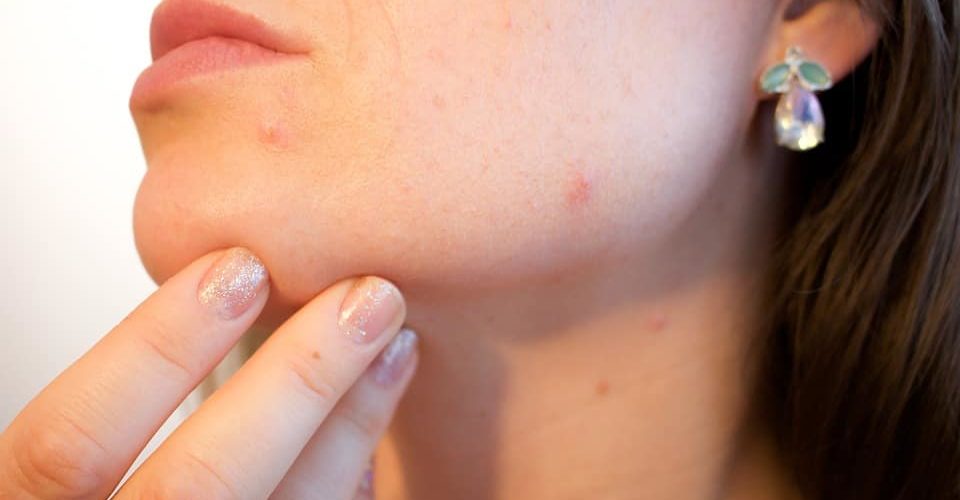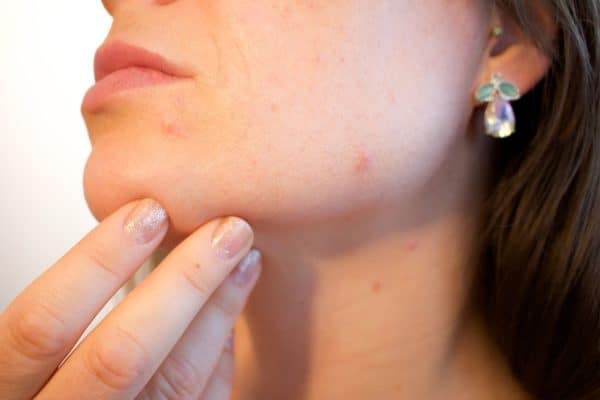Treatment procedures to remove or lessen the appearance of acne scars can be expensive, and insurance does not usually cover it. This is why most of us are driven to look into natural, do-it-yourself home remedies to address scars and marks due to acne.
Below are preventative and reactionary treatments that you can do yourself.
Preventative Treatments
Prevention, of course, is better than cure. If your acne has been drained and healed, do not scratch or pick on them. Doing so will worsen the scarring that will occur and lengthen the time of healing. Other preventative measures include the use of the following:
Vitamin C Serums and Supplements
Known for its positive effects on elastin and collagen production, Vitamin C is always mentioned in terms of natural skincare. For stronger and more supple skin, make sure that you get enough vitamin C in your diet from food and supplements. Topical treatments with Vitamin C can also help.
Silicone Gel
Silicone gel products with Polymerized Siloxanes and Vitamin E are marketed as non-invasive ways to both prevent and treat scars, including those caused by acne.
Reactionary Treatments
Aloe Vera
The gel inside the aloe vera plant is often used to soothe burns and skin irritations. Due to its antibacterial qualities, it is also used to treat acne.
Creams
Over-the-counter creams that promise to lighten marks on the skin have 2% hydroquinone solution, along with other ingredients to soothe and heal the skin, like vitamin E. A dermatologist can also prescribe a higher dose of hydroquinone, along with face washes containing salicylic acid or mandelic acid to increase skin cell turnover. Other favorite and popular skin care creams contain crystals, lactic acid, and oils that purport to help improve the skin complexion.
Tea Tree Oil
Tea tree oil is an essential oil that has long been known for its cleansing properties. Used directly on pimples, the oil can help to penetrate the epidermis and clear out blockages in the sebaceous glands. As a preventative measure, tea tree oil can help to disinfect the pores, which could in turn lessen the level of breakouts experienced and reduce resulting scars.
DIY Treatment Procedures: Word of Caution
Nowadays, do-it-yourself kits for scar treatment procedures such as dermarolling and microneedling can be easily purchased online. It can be tempting to just do these procedures yourself when you’ve gotten a hold of the materials, but keep in mind that such procedures require expertise, sterile instruments, safety knowledge, and a steady hand. When done incorrectly, home remedies can possibly worsen your condition leading to more complex and expensive treatment procedures. It is still best to seek professional help first before doing anything on your acne scars. Your dermatologist will provide a treatment plan that will be executed either in their clinic or at home.
This article is a revised version of and an excerpt from the “Ultimate Guide to Scars from Pimples and Cystic Acne,” which can be found here.



















